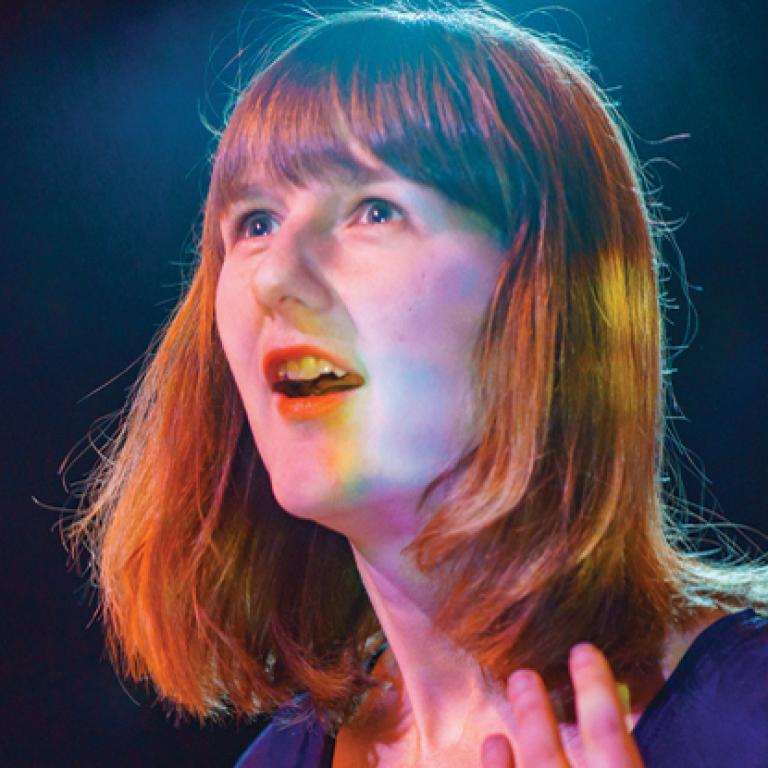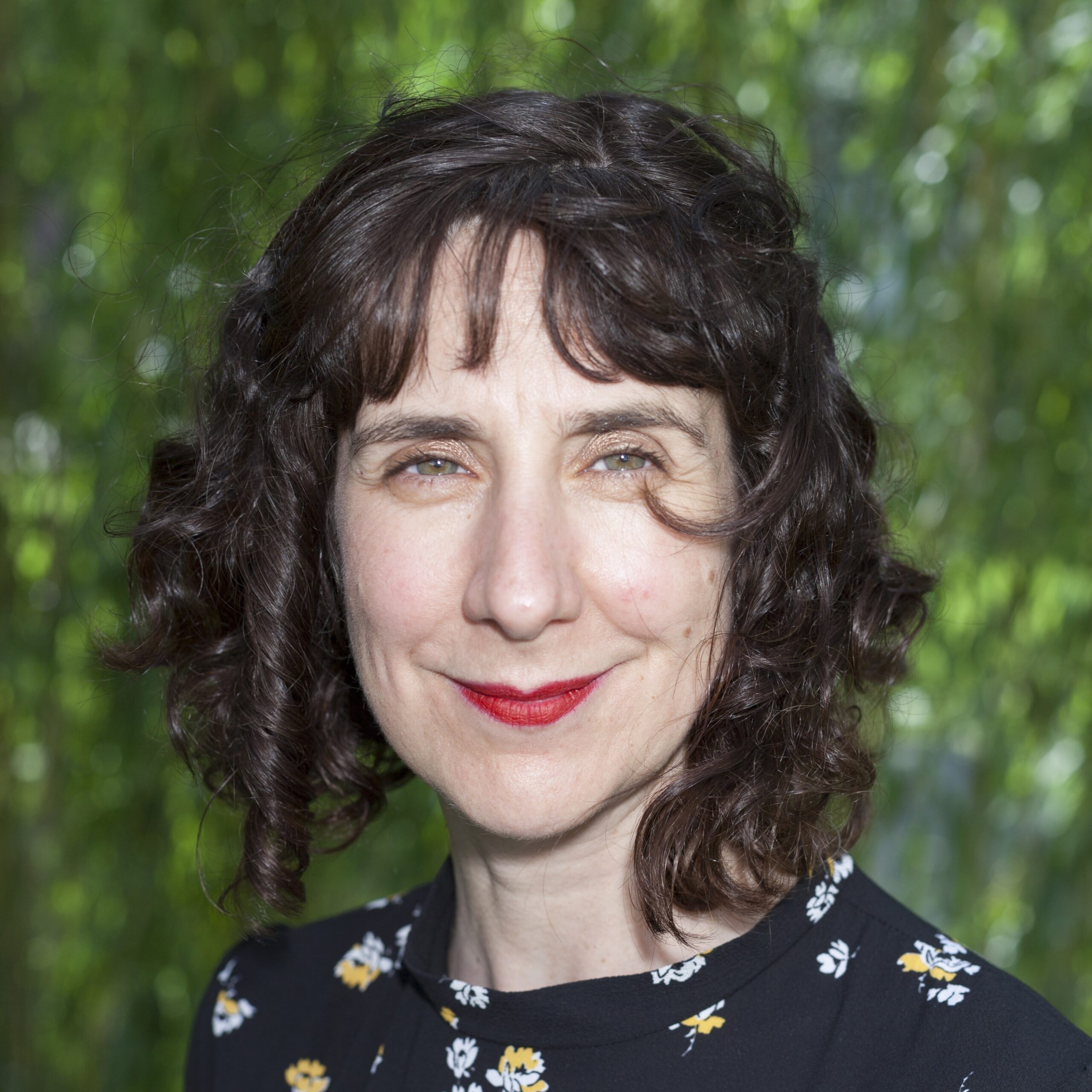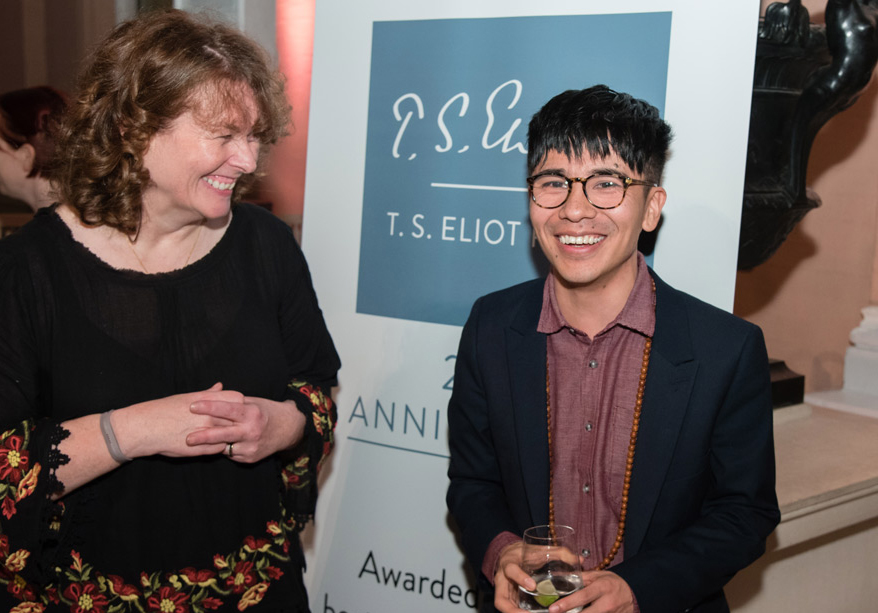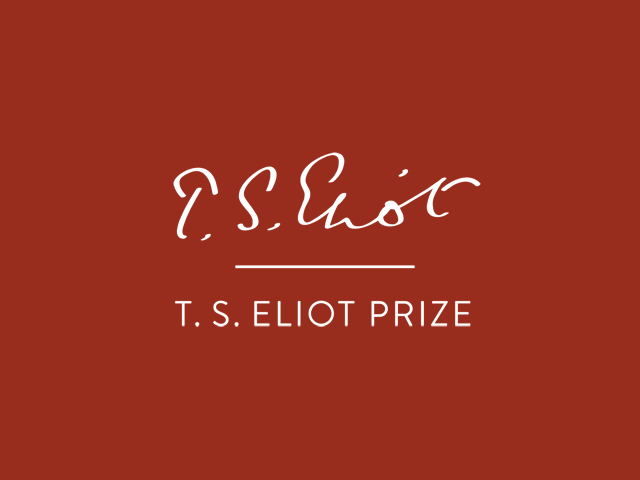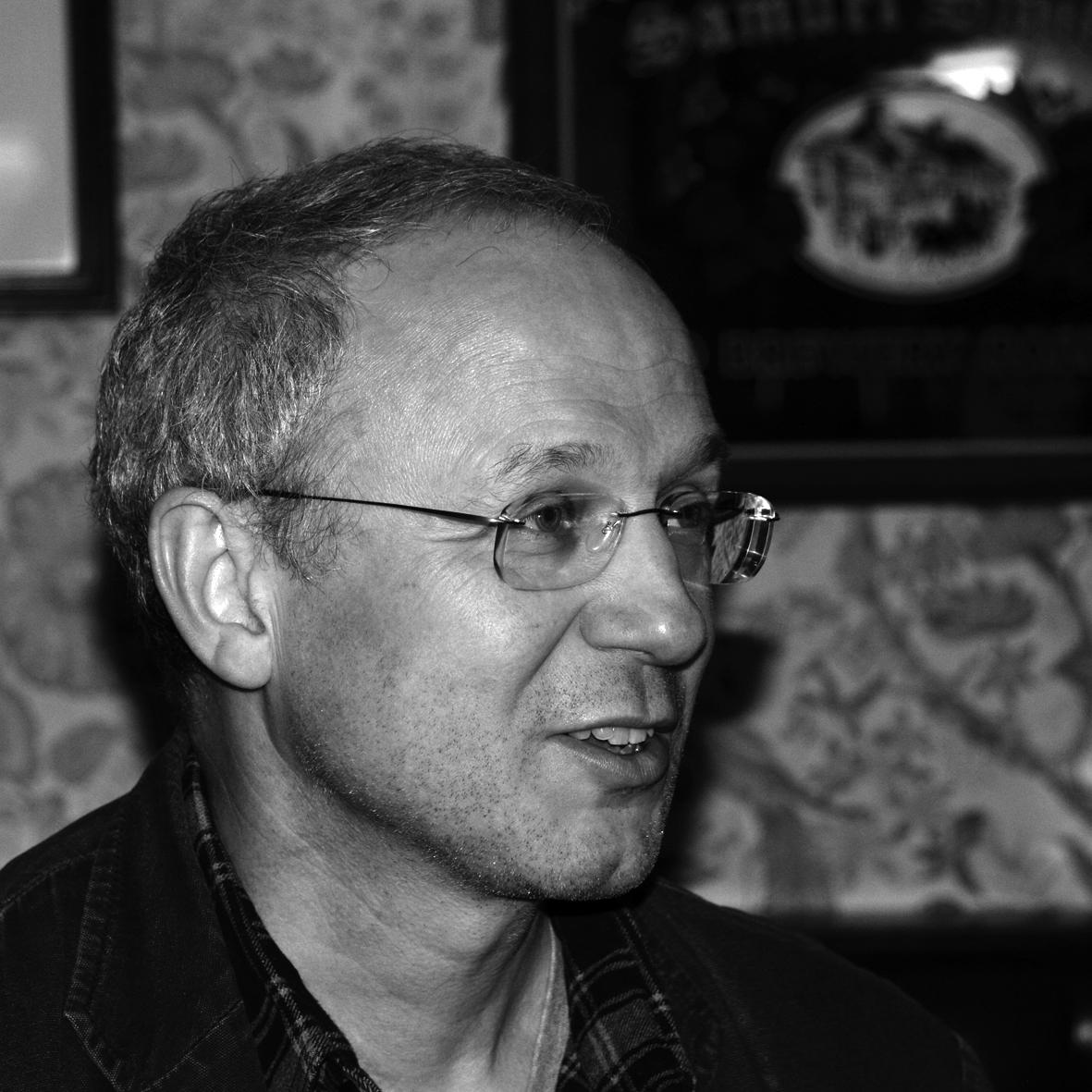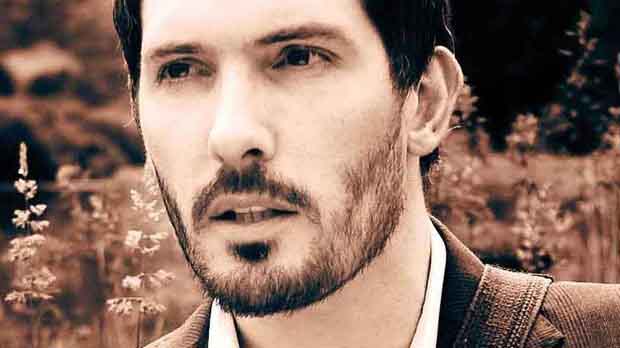T. S. Eliot Prize News
Held in the fabulous surroundings of the Royal Festival Hall, London, and hosted by the inimitable Ian McMillan, the T. S. Eliot Prize Shortlist Readings are a highlight of the literary year. The 2018 Readings, held on 13 January 2019, will showcase the collections shortlisted by judges Sinéad Morrissey (Chair),...
The 26th T. S. Eliot Prize will be awarded this year, two and half decades on from the inaugural Prize being presented in 1993 to Ciarán Carson for his collection First Language, published by The Gallery Press. Carson was shortlisted again in 2008 for For All We Know, also published...
Judges Sinéad Morrissey (Chair), Daljit Nagra and Clare Pollard have chosen the T. S. Eliot Prize 2018 Shortlist from a record 176 poetry collections submitted by, as Sinéad Morrissey says, ‘a plethora of poetry publishers’. The Shortlist comprises five debut collections, one small press, five men, five women, and two...
We’re delighted to have received a record number of submissions for the T. S. Eliot Prize 2018, with 176 collections from 48 publishers currently being considered by judges Sinéad Morrissey (Chair), Daljit Nagra and Clare Pollard. British poetry has arguably never been stronger, with a wealth of publishers large and...
The T. S. Eliot Foundation is delighted to announce that this year’s winner of the T. S. Eliot Prize 2017 is Ocean Vuong for his remarkable debut collection Night Sky with Exit Wounds, published by Cape Poetry. After months of reading and deliberation, Judges W. N. Herbert (Chair), James...
To mark the 25th anniversary of the T. S. Eliot Prize, the T. S. Eliot Foundation has increased the winner’s prize money to £25,000. Judges W. N. Herbert (Chair), James Lasdun and Helen Mort have chosen the Shortlist from a record 154 poetry collections submitted by publishers. Tara Bergin, The...
Jacob Polley’s disturbing tale of lost innocence wins world’s most prestigious poetry prize The T. S. Eliot Foundation is delighted to announce that the winner of the T. S. Eliot Prize 2016 is Jacob Polley for his remarkable new collection Jackself. After months of reading and deliberation, judges Ruth Padel...
